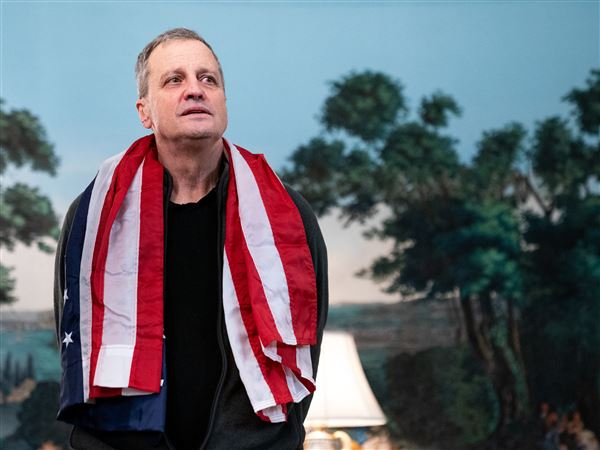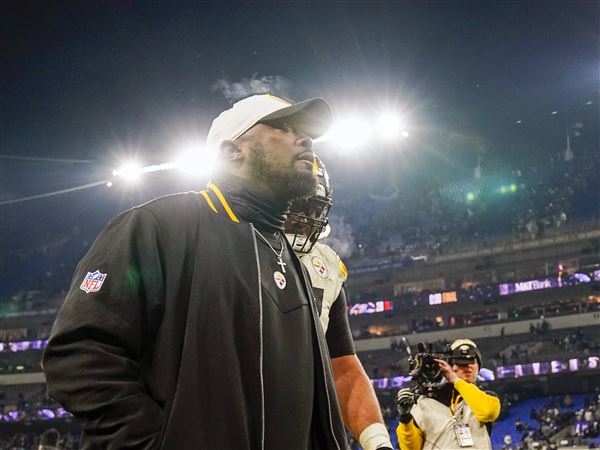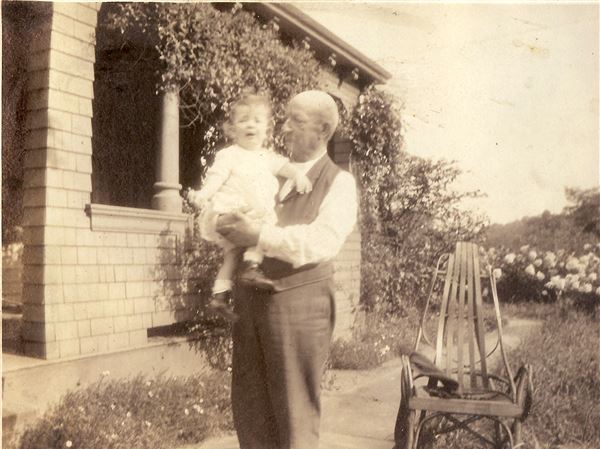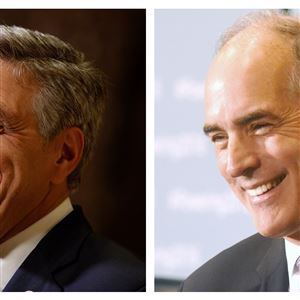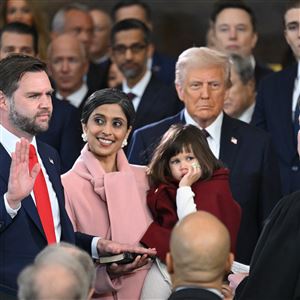WASHINGTON — David Porter will almost certainly join the bench of the 3rd U.S. Circuit Court of Appeals, but the Pittsburgh attorney and Trump judicial nominee first will have to run a gantlet of angry Democrats who believe he never should have gotten this far in the confirmation process.
Mr. Porter faces what promises to be a contentious confirmation hearing Wednesday, but not all of the angst will be directed toward him.
Democrats — particularly Sen. Bob Casey of Pennsylvania — are furious that Judiciary Chairman Chuck Grassley, R-Iowa, deviated from protocol when he scheduled the confirmation hearing in the first place.
Under Senate custom — but not a hard and fast rule — hearings are not scheduled without the consent of both of a nominee’s home-state senators, who sign off on forms known as blue slips. Mr. Casey has withheld his, but Mr. Grassley is proceeding anyway just as he did with three other nominees of President Donald Trump who lacked blue slips.
During the Obama administration, Mr. Grassley held fast to the blue-slip custom by refusing to schedule a hearing for Rebecca Ross Haywood for the same court to which Mr. Porter has been nominated. Sen. Pat Toomey, R-Pa., withheld his blue slip because he didn’t like her answers to his questions about the constitutionality of executive actions.
At the time, Mr. Toomey criticized President Barack Obama’s “my way or the highway” approach and accused him of “blowing up a bipartisan working arrangement” by nominating Ms. Haywood over his objections.
Mr. Trump did the same with Mr. Porter after Mr. Casey made it clear that he did not support the nomination, only this time Mr. Grassley is pushing it through anyway.
Mr. Grassley also circumvented the blue slip tradition for 8th Circuit nominee David Stras, 7th Circuit nominee Michael Brennan and 9th Circuit nominee Ryan Bounds. All were nominated by Mr. Trump.
“Those are bad but this one is particularly bad because of what Toomey did with Haywood. Toomey wouldn’t move on a blue slip, and that was the end of it,” said Carl Tobias, a University of Richmond professor of law who tracks judicial nominations. “It’s such an incredibly double standard being applied now.”
That kind of inconsistency dishonors the traditions of the Senate, he said.
“Traditionally, the Senate operates on senatorial courtesy and values what the home-state senators have to say,” Mr. Tobias said.
Mr. Casey said Monday that this nomination tarnishes the seven-year history of his and Sen. Toomey’s efforts to jointly nominate judges, 17 of whom were confirmed.
“When the shoe was on the other foot in 2015 and President Obama nominated Rebecca Haywood, not only did I respect Sen. Toomey’s decision not to return the blue slip, but the Senate Judiciary Committee did as well and didn’t hold a hearing,” Mr. Casey said Monday. “I am only asking for the same respect.”
His statement left out that back then he had asked for a “fair hearing and timely vote” on Ms. Haywood despite Mr. Toomey’s objections.
A spokesman for Mr. Grassley did not respond to a request for comment.
“Having separate policies based on whether the chairman and president are of the same party is inconsistent with a democracy operating under the rule of law,” Marge Baker, executive vice president of People for the American Way, told Mr. Grassley in a letter. “Seeing a confirmation system so lacking in integrity, the American people could not be blamed for increasingly regarding the courts as yet another partisan branch of government. That undercuts the legitimacy of our judicial system.”
Groups including the Alliance for Justice and Why Courts Matter Pennsylvania also oppose the nomination because they believe Mr. Porter is too conservative and even “hostile” toward workers’ rights, reproductive rights, LGBTQ rights and racial equality.
A report issued by the Alliance for Justice criticizes Mr. Porter for publishing articles critical of the Affordable Care Act; for his association with a think tank that hosts anti-LGBTQ speakers; and for praising former Attorney General John Ashcroft for his pro-life, pro-death penalty and anti-gun control views.
Supporters of Mr. Porter, including longtime friend Paul J. McNulty, president of Grove City College, have said he is smart, capable, respects precedent and would follow the law even if it conflicted with his personal beliefs.
Mr. Porter is a shareholder at the Pittsburgh office of Buchanan Ingersoll & Rooney, where he has practiced law for more than 23 years.
The 3rd Circuit hears cases from Pennsylvania, New Jersey, Delaware and the Virgin Islands.
Correction: David Porter is a Pittsburgh attorney. His profession was incorrect in an earlier version of this story.
Washington Bureau Chief Tracie Mauriello: tmauriello@post-gazette.com; 703-996-9292 or on Twitter @pgPoliTweets.
First Published: June 5, 2018, 1:06 a.m.
Updated: June 5, 2018, 3:29 a.m.
